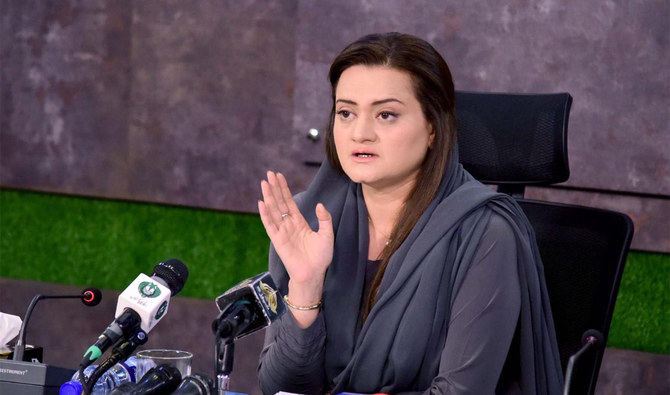ISLAMABAD: In a first, the Pakistan army’s media wing has launched the Hilal Talks 2025 program to raise awareness among Pakistani teachers about the “tactics and nefarious agendas of anti-state elements” on social media, Radio Pakistan reported on Thursday.
While India and Pakistan announced a ceasefire after coming close to an all-out conflict earlier this month, social media citizens on both sides are vying to control public perceptions by peddling disinformation.
Platforms such as Facebook and X are still awash with misrepresented footage of the attacks that killed at least 70 people and sent thousands fleeing from their shared de facto Line of Control (LoC) border.
“Hilal Talks 2025 program has been launched under the auspices of ISPR,” Radio Pakistan reported, saying 1,950 teachers from various regions of the country were participating in the program run by the army’s media wing.
“It is aimed at raising awareness about the tactics and nefarious agendas of anti-state elements on social media.”
The report said teachers “got the opportunity to understand the structure, role and working mechanism of Pakistan Army more closely.”
Indian and Pakistani media outlets have both amplified misinformation, including false or unverifiable claims of military victories that experts say have exacerbated tensions and contributed to a flood of hate speech.
Disinformation peaked when India launched deadly air strikes on May 7 targeting “terrorist camps” in Pakistan, two weeks after a deadly attack on the Indian-administered side of disputed Kashmir.
New Delhi blames Islamabad for backing the April 22 attack near the tourist town of Pahalgam, which killed 26 people — almost all of them Hindu men. Pakistan denies the claim.
After the first round of Indian air strikes, the Pakistani military shared footage that had previously circulated in reports about a 2023 Israeli air strike in Gaza. The clip quickly appeared on television and social media but was later retracted by numerous media outlets, including AFP.
AI-generated imagery has also muddied the waters, including a video that purportedly shows a Pakistan Army general saying the country lost two of its aircraft. AFP fact-checkers found the clip was altered from a 2024 press conference.
Both India and Pakistan have taken advantage of the information vacuum to raise alarm bells and promote their own claims and counter-claims.
Pakistan appears to have lifted a more than one-year-old ban on X the same day of the Indian strikes.
Pakistan’s National Cyber Emergency Response Team (NCERT) on May 8 issued an alert about “increased cyberattacks and misinformation via emails, social media, QR codes, and messaging apps.”
Both Pakistan’s Ministry of Economic Affairs and the Karachi Port Trust later said their X accounts had been hacked.
A post from the latter account said the port — one of South Asia’s busiest — was attacked by the Indian military. The page was later restored and the port authority said no attack had taken place.
India, meanwhile, has executed a sweeping crackdown targeting the social media accounts of Pakistani politicians, celebrities and media organizations.
The government ordered X to block more than 8,000 accounts and banned more than a dozen Pakistani YouTube channels for allegedly spreading “provocative” content, including news outlets.
Press Information Bureau (PIB) Fact Check, a government-run website, has also refuted more than 60 claims about the ongoing crisis, many having to do with supposed Pakistani military victories.
The avalanche of disinformation online has also been accompanied by a spike in hate speech offline.
With inputs from AFP
















